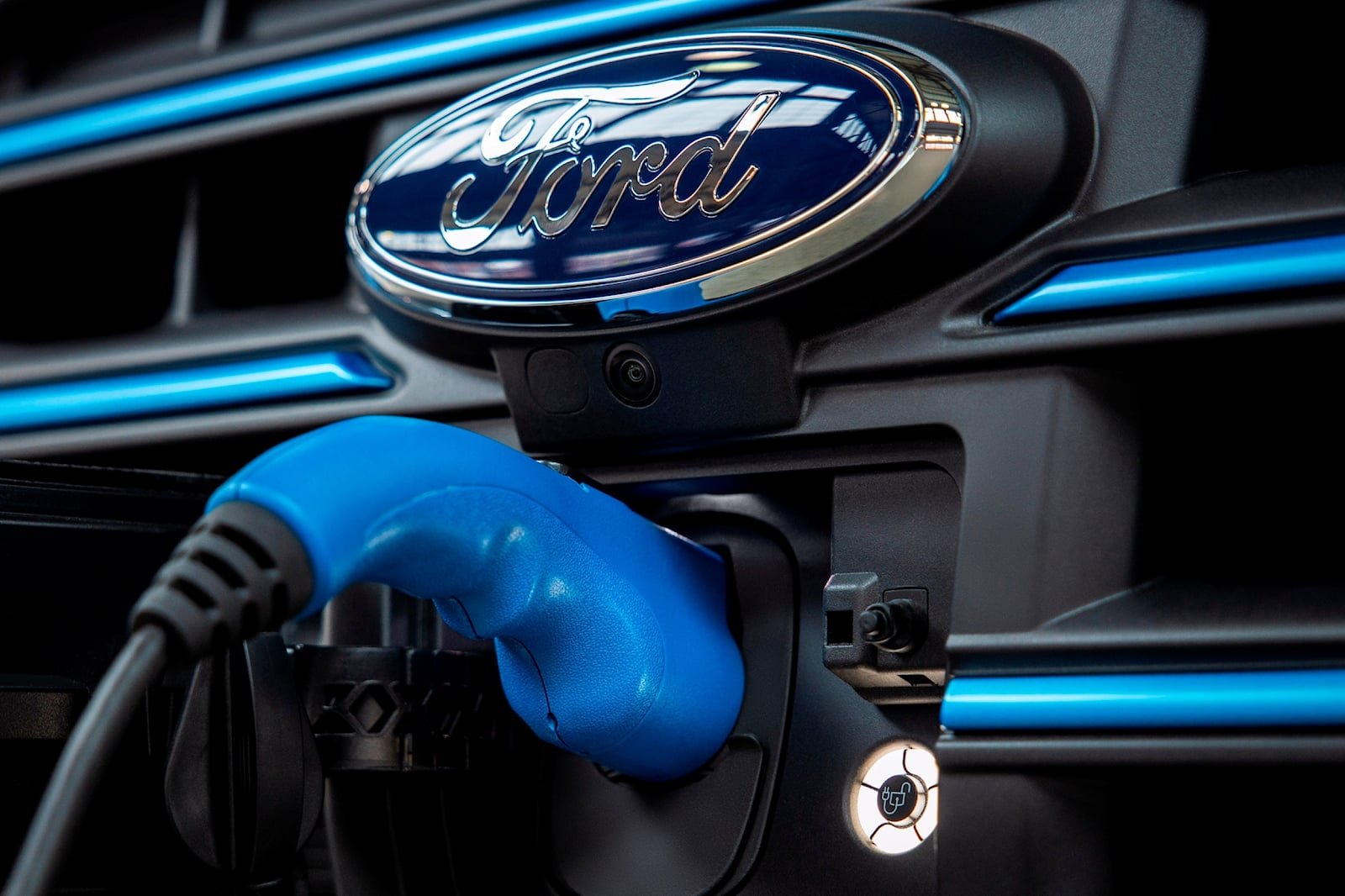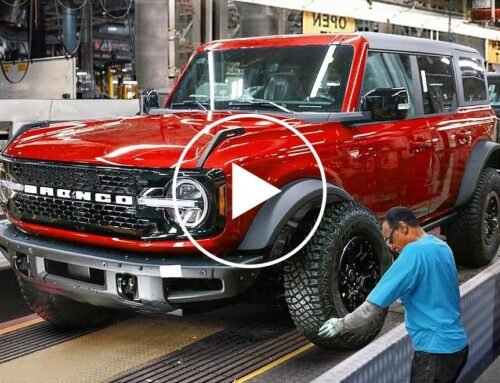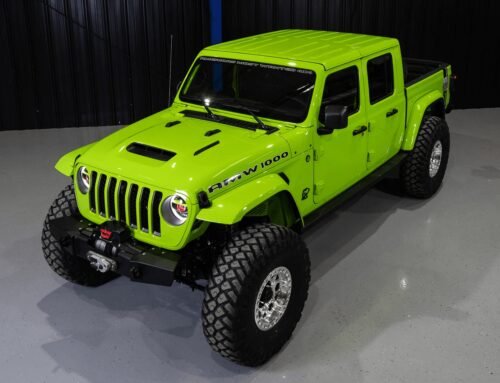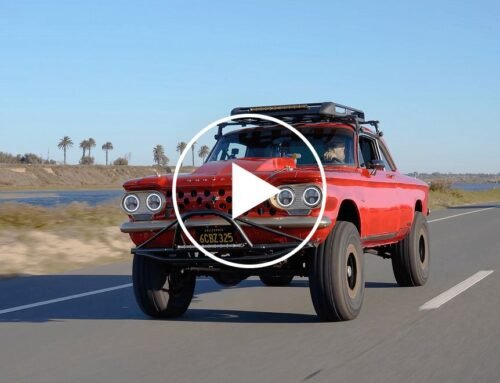The internal combustion engine appears to be on its last legs.
The internal combustion engine is on thin ICE as more and more countries set ultimatums for its eventual banishment, and while certain companies continue to fight for the right to manufacture ICE power plants, others are backing the call to end the career of these glorious, but dirty contraptions. One company that is calling for an end to the ICE powertrain is Ford. The Dearborn manufacturer is responsible for building the world’s most popular sports car, the Ford Mustang, and its ICE-powered trucks have dominated US sales for decades, but it is now backing a call to end ICE sales from 2035.
 CarBuzz
CarBuzz
 CarBuzz
CarBuzz
 CarBuzz
CarBuzz
 CarBuzz
CarBuzz
Ford recently added its name to a petition signed by 24 other large companies that operate in Europe to ban the sale of ICE cars and vans in the region from 2025. The petition was sent to European Union authorities. Ford Europe has called for the EU to “establish mandatory targets for charging infrastructure” as it continues to expand its EV lineup and electric charging network across the continent.
The EU has been taking serious steps to cut CO2 emissions, and last year proposed a 100% cut in vehicle emissions by 2035. This is more or less what Ford and its allies hope to achieve with its ICE ban, but stated in a more palatable manner. This move will take a monumental effort on the part of the EU, and manufacturers, as studies by Ernst & Young have shown that Europe will require 65 million EV chargers, 85% of which would have to be home chargers, to successfully make the transition.
 CarBuzz
CarBuzz
 CarBuzz
CarBuzz
 CarBuzz
CarBuzz
 Ford
Ford
“At Ford in Europe, we believe that freedom of movement goes hand in hand with caring for our planet and each other,” said Stuart Rowley, head of Ford Europe. “That’s why we’re targeting all Ford vehicles to be zero-emissions by 2035. To successfully achieve this, EU policymakers must also establish mandatory national targets for a seamless electric charging infrastructure that lives up to the growing demand for electric vehicles.”
The EU is currently aiming at a reduction of 37.5% by 2030, and this drive is being backed by other major manufacturers such as Mercedes-Benz, Audi, and Volvo. Most major European manufacturers have vowed to end ICE production by 2030. Ford currently sells all-electric vehicles such as the F-150 Lightning, Mustang Mach-E and E-Transit in the US, and plans to offer seven more models by 2024.





